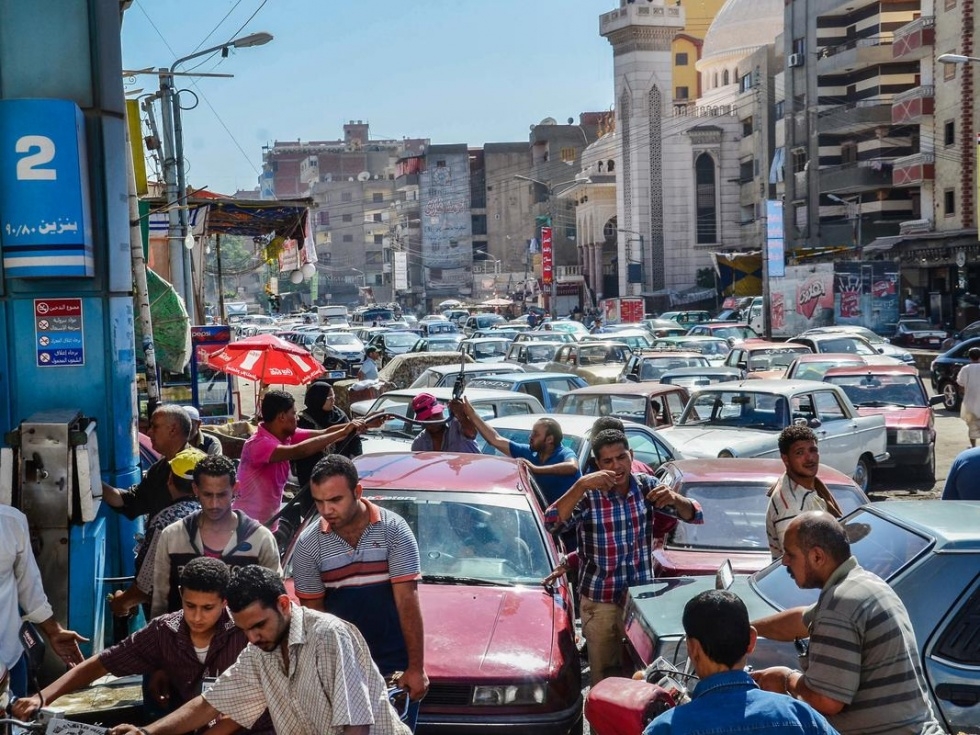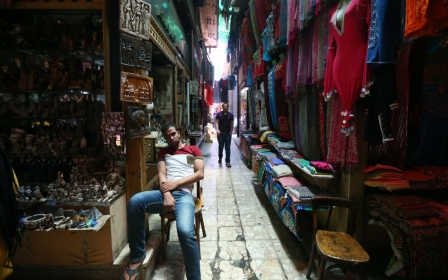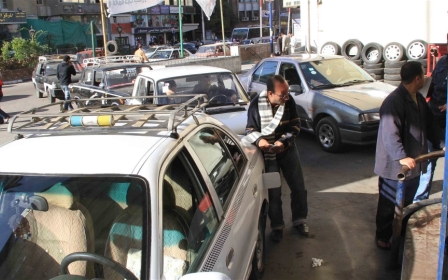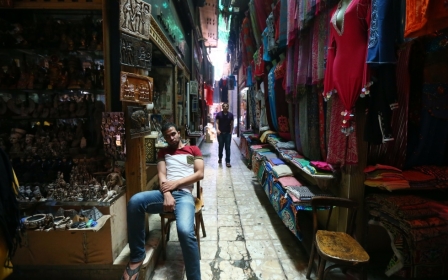Sisi slashes fuel subsidies in controversial move

Egypt drastically raised fuel prices overnight to tackle a bloated subsidy system, in a potentially unpopular move that could blow back on newly elected President Abdel Fattah al-Sisi.
With the economy battered by three years of unrest, successive governments have said the subsidies that allowed Egyptians to buy petrol at some of the world's cheapest prices must be lifted.
The cuts appeared to shock taxi drivers and other transport workers. Police fired tear gas to disperse taxi drivers who blocked roads in the Suez Canal city of Ismailiya after the hikes came into effect overnight Friday.
Ex-army chief Sisi, elected by a landslide in May, has advocated austerity to narrow the budget deficit, and a severe law and order platform to rein in Islamist supporters of the ousted president Mohamed Morsi.
Morsi himself had balked at implementing the cuts to avoid stoking unrest, but the military ousted the leader as millions took to the streets demanding his resignation.
Sisi appears set on leveraging his initial popularity to ram through politically risky measures that foreign donors say are crucial to reforming a decrepit subsidy system.
The government raised the price of 92 octane gasoline from 1.85 Egyptian pounds ($0.36/27 euro cents) a litre to 2.60 pounds, and 80 octane gas from 0.90 pounds to 1.6 pounds a litre, the official MENA news agency reported.
The price of diesel was raised from 1.1 pounds to 1.8 pounds.
The government had factored in a cut of about 44 billion pounds in fuel subsidies in a recently approved budget for the current fiscal year, bringing spending on fuel to 100 billion pounds, Egyptian media reported.
The state spends more than 30 percent of its budget on fuel and food subsidies, in a country where nearly 40 percent of the population of 86 million hovers around the poverty line.
Subsidies and social justice
In Cairo, enraged taxi drivers queued at petrol stations after the prices went up.
"I wanted Sisi to lift subsidies for businessmen and factory owners, before the poor," said one, Mostafa Ibrahim.
Taxis, which have cheap fares compared with other countries, are commonly used in Egypt for everyday transport.
Prime Minister Ibrahim Mahlab said the cuts would help those in need, rather than wasting state money on the well off.
"How can we have social justice as I spend on the rich at the expense of the poor?" he said at a news conference.
Mahlab said the state would inject 51 billion pounds in services - almost half on health and education - and to cushion a minimum wage.
Sisi has preached a message of self-sacrifice to restore the economy.
He has launched a donation drive and announced he would give away part of his salary and personal wealth, while urging Egyptians to bike and walk more.
The economy has been propped up by billions of dollars in Gulf Arab state aid since the overthrow of the Morsi, who was viewed with suspicion by regional powerhouses such as Saudi Arabia and the United Arab Emirates.
The government has also signed off on a capital gains tax and said it would gradually raise electricity prices over the next five years.
Unrest destabilises economy
Sisi won the May election by about 97 percent of the vote against a weak leftist candidate, and many view him as a strong leader who can kickstart a recovery.
But Morsi's Muslim Brotherhood movement still holds near daily protests it hopes will grow with increasing economic discontent.
The group has been battered by a crackdown that killed at least 1,400 people, mostly Islamists, in street clashes and imprisoned more than 16,000.
More than 200 Islamists and alleged supporters have been sentenced to death in mass trials.
On Saturday, a court sentenced Brotherhood leader Mohamed Badie to life and confirmed 10 death sentences, nine of them in absentia.
The unrest, and militant attacks that have killed scores of policemen and soldiers, have roiled the economy.
The 2011 uprising that ousted veteran dictator Hosni Mubarak sent the economy into a downward spiral, with the tumult scaring away tourists and foreign investors.
The country had just began to recover when the military, prompted by huge protests, overthrew Morsi in July last year.
New MEE newsletter: Jerusalem Dispatch
Sign up to get the latest insights and analysis on Israel-Palestine, alongside Turkey Unpacked and other MEE newsletters
Middle East Eye delivers independent and unrivalled coverage and analysis of the Middle East, North Africa and beyond. To learn more about republishing this content and the associated fees, please fill out this form. More about MEE can be found here.




